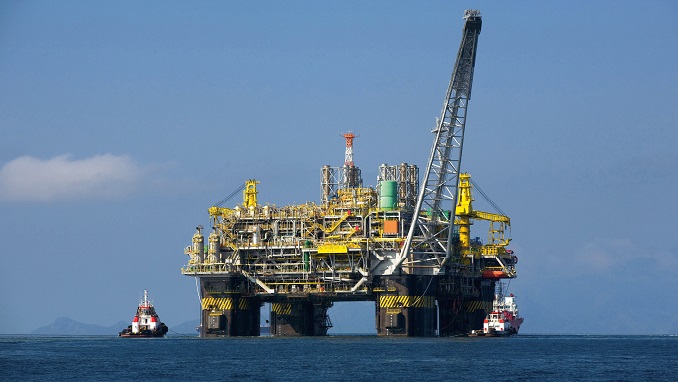Brazil’s state oil major Petrobras has launched a new phase in the development of the first deepwater oil project since the start of the crisis, at the Mero field in the Santos Basin, Russia Today reported.
According to a report by BNAmericas, the Brazilian major had commissioned a floating production, storage, and offloading vessel for the field from MISC Berhad, a subsidiary of Malaysia’s Petronas, with a capacity of 180,000 bpd of crude oil and 12 cubic meters of natural gas daily.
The Marechal Duque de Caxias FPSO will be the third platform to be deployed at the Mero field, which is part of the prolific presalt zone of Brazil that holds most of its untapped oil and gas wealth.
The oil price collapse put an end to many development projects, but the Mero field has pretty low production costs, at $35 a barrel, according to BNAmericas, which makes it commercially viable even at current oil prices. The field is currently producing some 26,000 bpd, as of June. This will be boosted with eight more wells that will feed oil and gas to the Marechal Duque de Caxias FPSO beginning in 2024.
Demand for Brazilian crude seems to be strong: last month, Petrobras also launched a tender for another three FPSOs, to be deployed at the Buzios field—another deepwater monster in the presalt zone—with plans to boost production from the field to as much as 2 million bpd.
These are long-term plans, however. The 2-million-bpd production rate should be reached by 2030, making Buzios the largest producing field in Petrobras’s portfolio.
Petrobras also aims to make better use of the associated natural gas in its prolific oil-rich pre-salt area by having offshore liquefied natural gas (LNG) units to process the gas, whose production has been rising with growing oil output in the area.












